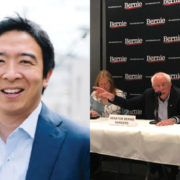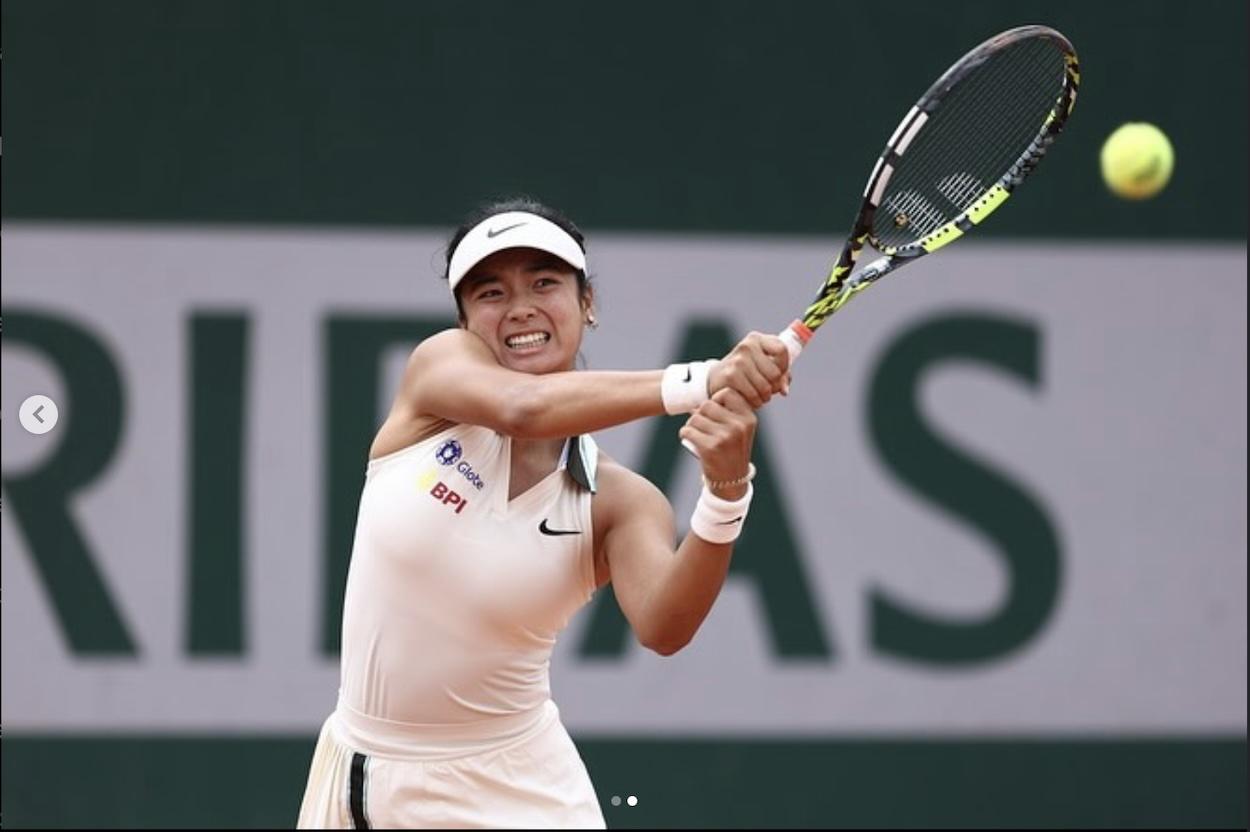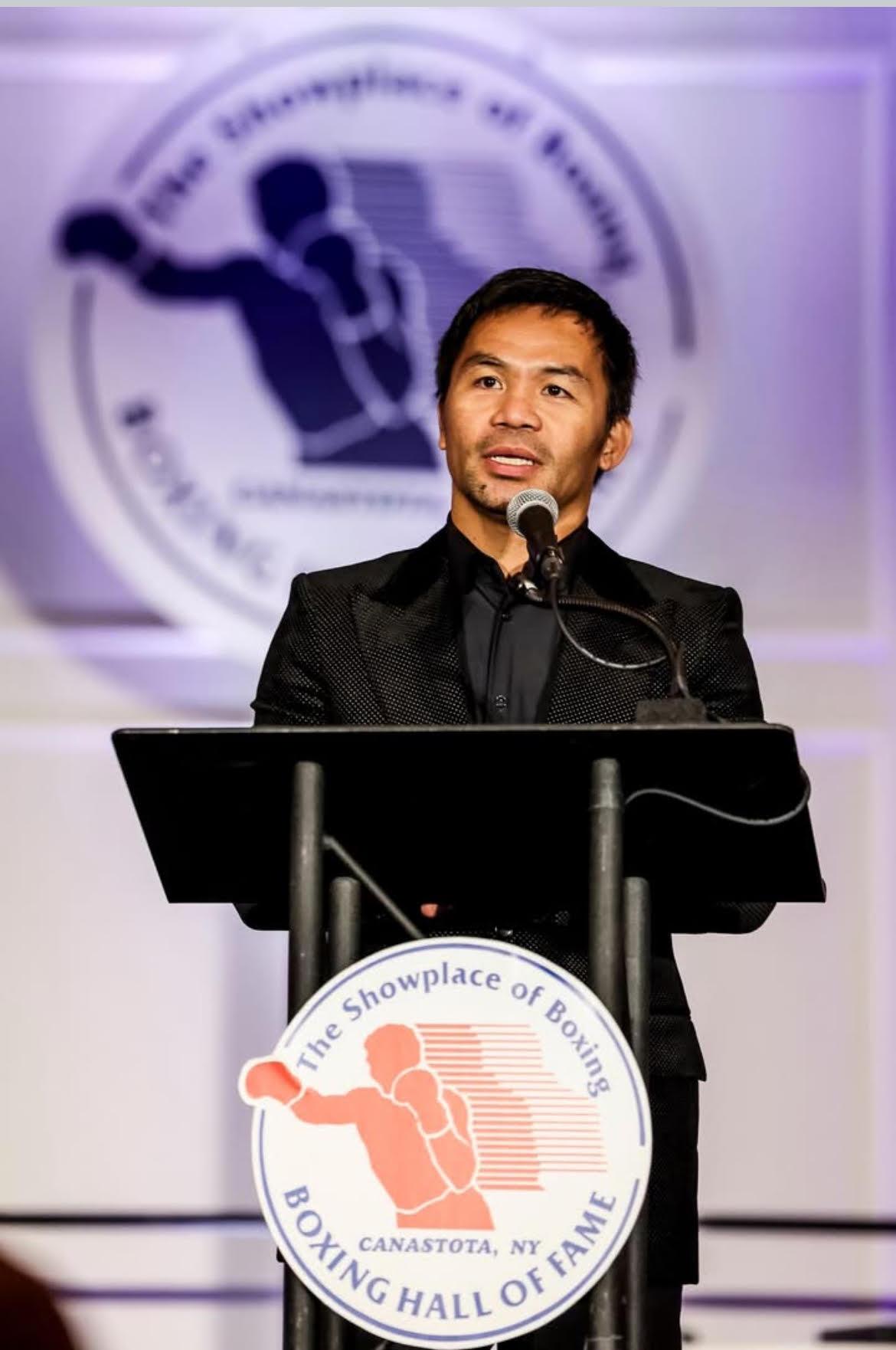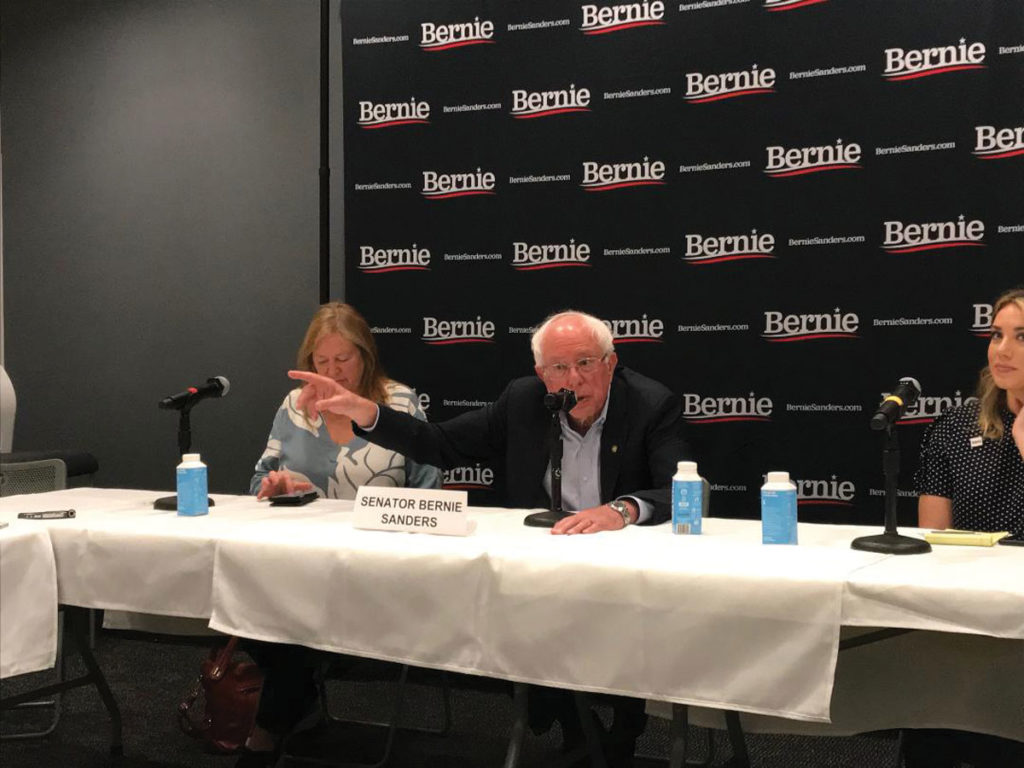
During the first Democratic debate earlier this month, a handful of the candidates shared their stances and policies related to a variety of issues, including guaranteeing free college education, legalizing marijuana and combating the restrictive immigration policies laid out by the Trump administration.
It was the first official face-off among the candidates, and though specific plans vary among the candidates, there is a percolation of further left-wing, progressive policies being adopted by historically moderate candidates.
For example, four years ago discussions on free public education would have been deemed far too radical to work, but it is now a salient issue supported by a growing number of, not just presidential candidates, but Democrats in Washington and in public offices all over the nation.
The current pool of Democrats running for president is the most progressive in United States history. It signals the emergence of a party that embraces grassroots campaigns that promise to deliver far-left values and principles and that appeal to younger generations of American voters.
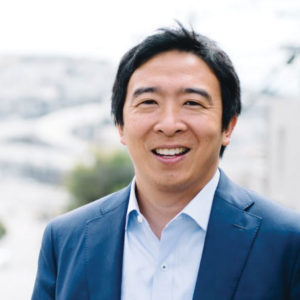
Two such candidates include Sen. Bernie Sanders (I-Vt.) and entrepreneur Andrew Yang, both of whom shed more light on their stances and policies in respective roundtables with ethnic media this week.
Immigration has proven to be the principal issue for Democrats given the crisis at the southern border and the detention centers as well as the Trump administration’s threats to the Deferred Action for Childhood Arrivals (DACA) and family reunification programs.
Democrats have also been using the president’s incendiary rhetoric regarding immigrants as ammo to push forth that the Democratic Party is one that values unity, equity and social justice.
“We believe that we have a hell of a lot more in common as human beings than we do because we came from different countries or the color of our skin,” Sanders said at a meeting in the Larchmont district of Los Angeles on Friday, July 26. “We bring people together not only to appreciate and respect and enjoy our diversity, but also to come together to fight for an economy and a government that works for all of us.”
As a way of fusing his support for immigrant rights and universal health care, Sanders confirmed that under his Medicare-For-All plan, undocumented immigrants would be eligible for free health care coverage.
“No matter where you come from, last I heard everybody at some point in their lives is going to need health care,” Sanders told the Asian Journal.
Sanders noted that the U.S. spends “twice as much per person on health care” than Canada, which has free health care, and despite “that expenditure, we have 80 million who are uninsured or who are underinsured.”
“I think time is long overdue for the United States to do what every other major country on Earth does and that is guaranteed health care for all people as a human right, not a privilege,” Sanders, 77, said, adding that, if elected, he plans to revamp American health care and “not have a system that is primarily designed to make insurance companies and drug companies billions of dollars.”
Yang, the son of Taiwanese immigrants, shared in a teleconference on Wednesday, July 24 hosted by Ethnic Media Services that he values immigrants and promises to expand the ways in which Asians can enter the country legally.
“I am very pro-immigrant, and we’ve seen that the U.S. has historically benefited from immigrants, and I would greatly expand H1-B visas because the U.S. needs to compete for outside talent,” Yang said.
The cornerstone of the campaign for Yang, a 44-year-old venture capitalist in the start-up space and first-time candidate, is a proposal to impose a form of universal basic income (UBI) for every American citizen 18 years old and older.
What he calls his “Freedom Dividend” promises a monthly stipend of $1,000 to all eligible individuals and is a response to the projections and widespread fear that workers in various industries will soon be replaced by technological automation, i.e. robots.
“If Americans get our fair share, there’s lots to go around,” Yang said, explaining that the Freedom Dividend would be funded through taxes on big corporations like Amazon that Yang says “doesn’t pay taxes though it’s a trillion-dollar company.”
Combatting comments that the Freedom Dividend is “too communist” and would disincentivize unemployed Americans from seeking work, Yang said that UBI would cover an individual’s basic needs and offers flexibility to allow them to search for better education and employment.
Yang pointed out that Alaska has a program similar to UBI in which every resident receives an annual dividend — between $1,000 and $2,000 — through the state’s oil royalty program which generates revenue from oil and mining leases.
On climate change, Yang described it as “an existential threat” and insisted that the federal government “needs to do much more” and “needs to be engaged in making communities more resilient.
He noted that the National Parks System — which has been threatened by the Trump administration by cutting funds — only invests about 5% of the necessary resources to maintain forests and parks and prevent natural disasters like wildfires.
“The federal government is the natural leader,” Yang said, lamenting that the recent fires all over California last year could have been averted “if we provided better resources.”
Sanders noted that climate change should not only be a federal issue to be taken seriously in Washington, but one of the most pressing global issues that would require negotiation with other world leaders.
But the Vermont senator also noted that as president, he would “call out” authoritarian leaders who threaten human rights and democracy, adding that Trump’s “comfortable” relationships with authoritarians like Philippine President Rodrigo Duterte and Kim Jong-Un of North Korea are among his “deepest concerns.”
“In my view, what the United States has historically been about at its best has been a beacon of hope for poor people and struggling people, and that includes people who live in oppressive, undemocratic societies,” Sanders affirmed. “What I will do as president is call out authoritarianism and dictatorships wherever it exists, and that doesn’t mean war and it doesn’t mean you don’t negotiate, but our goal and our vision for the future is human rights and democracy. So whether it’s Duterte in the Philippines or Kim Jung-Un in North Korea or Putin in Russia, we’re going to do our best to bring our countries together to fight climate change and to solve global conflicts without violence.”
The 2020 Democratic hopefuls will return to the debate stage next week in Detroit on Tuesday, July 30 and Wednesday, July 31. (Klarize Medenilla/AJPress)


